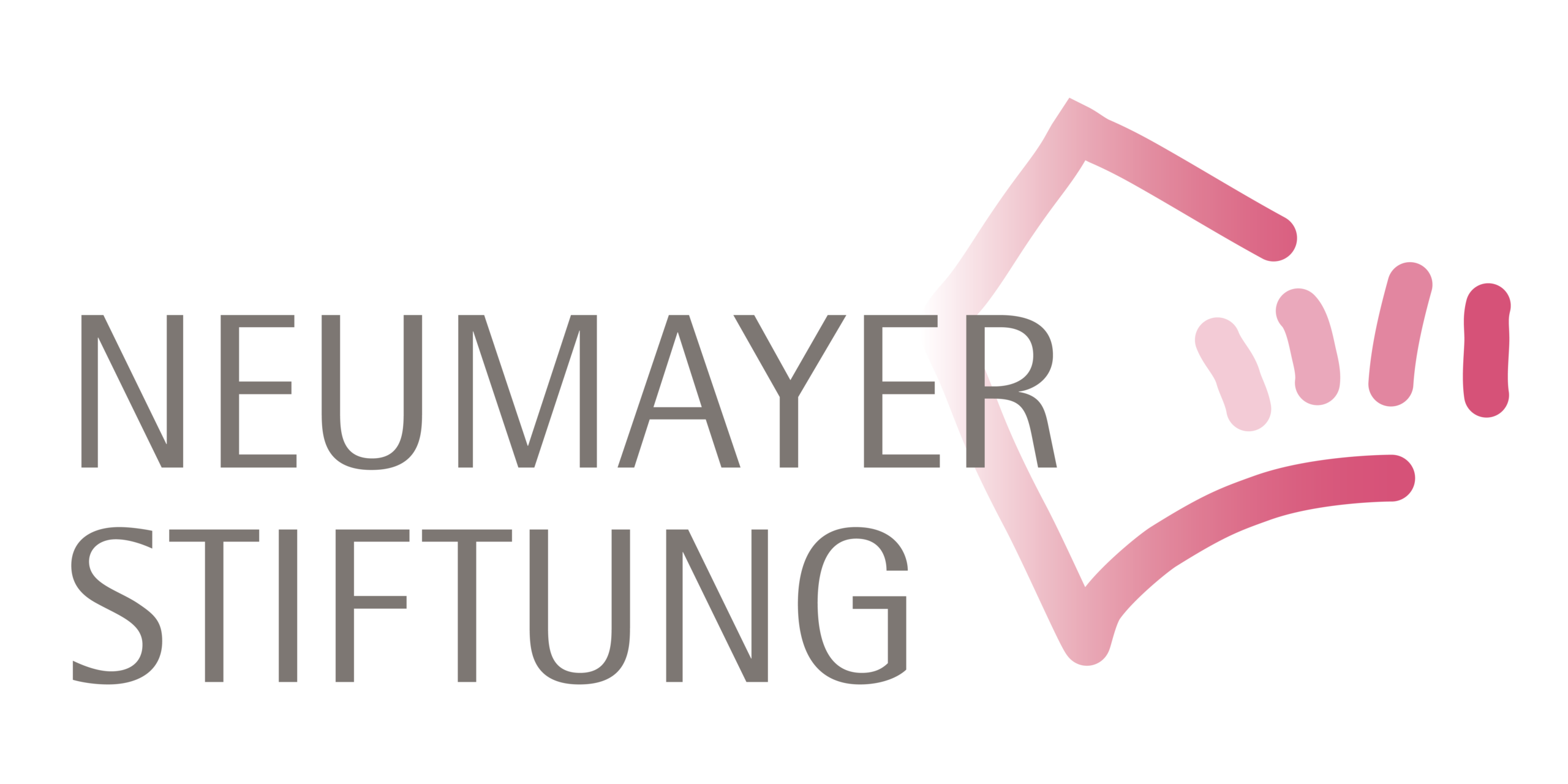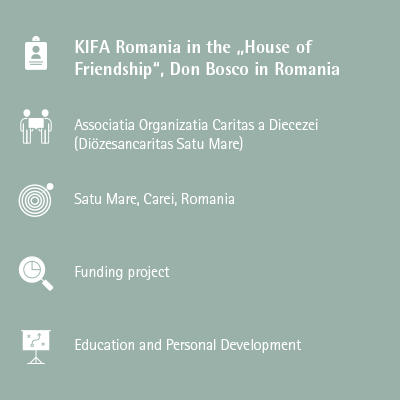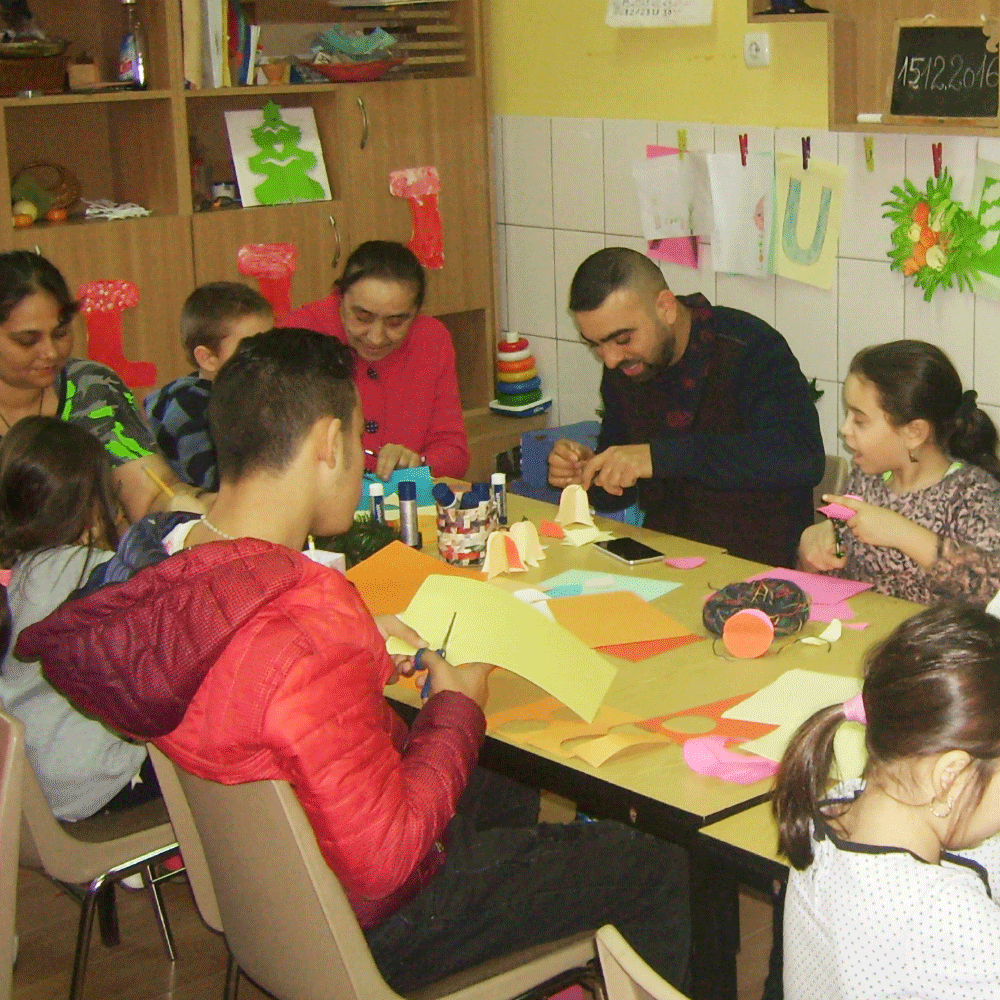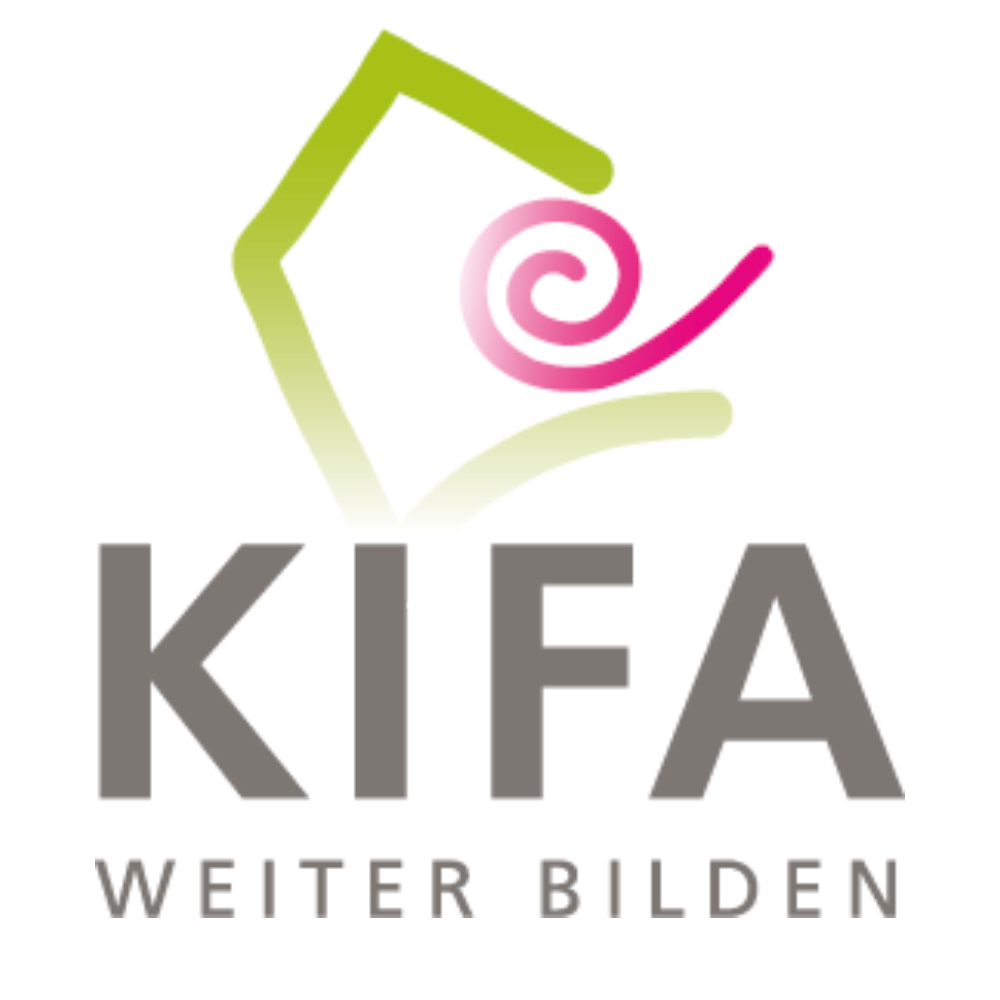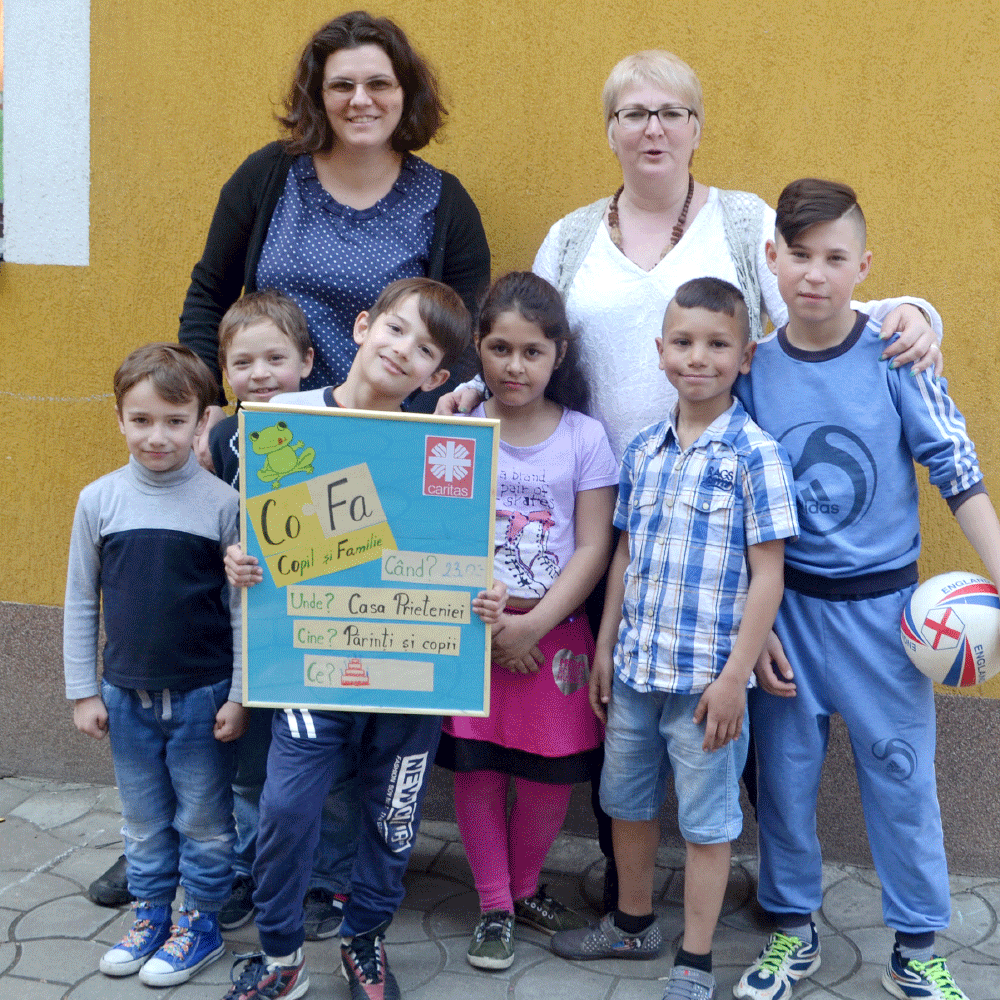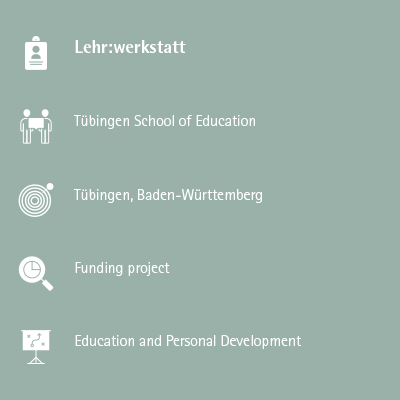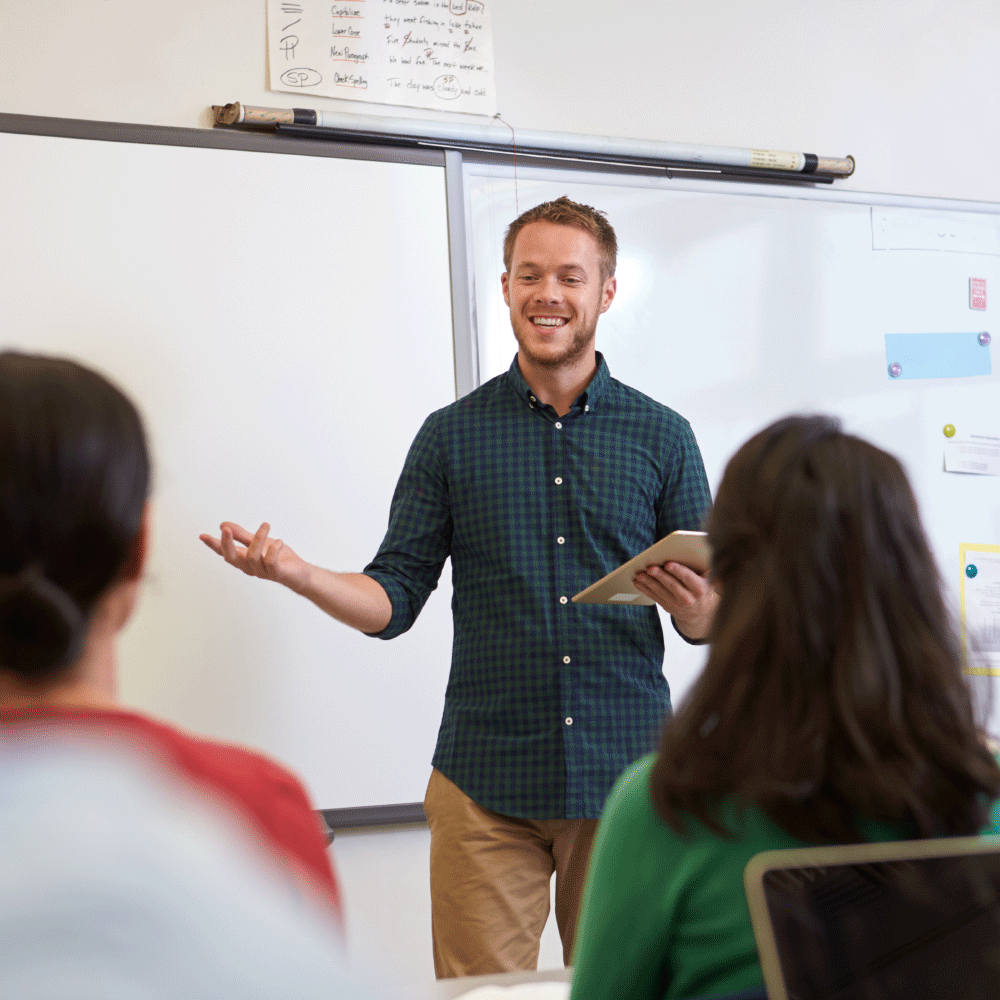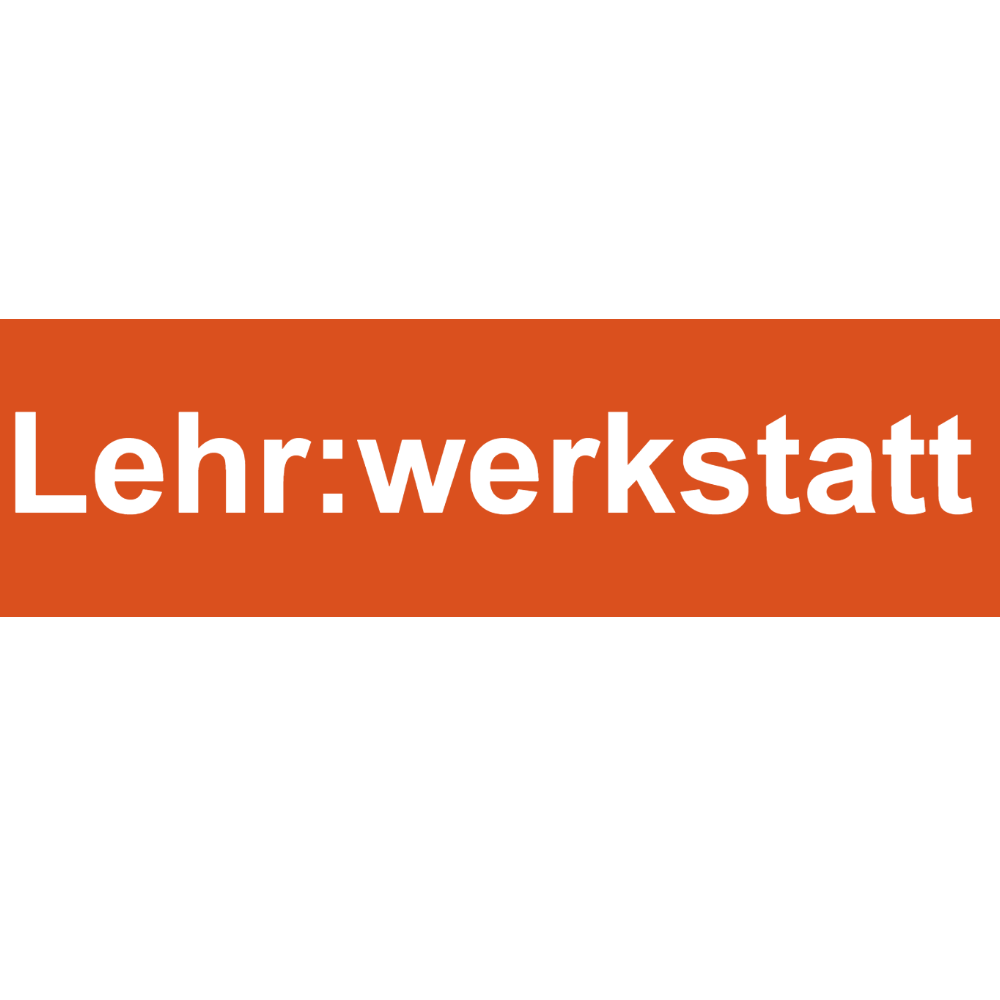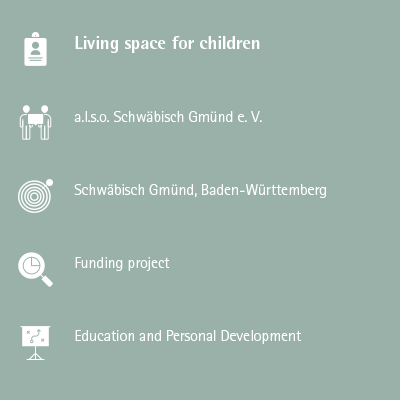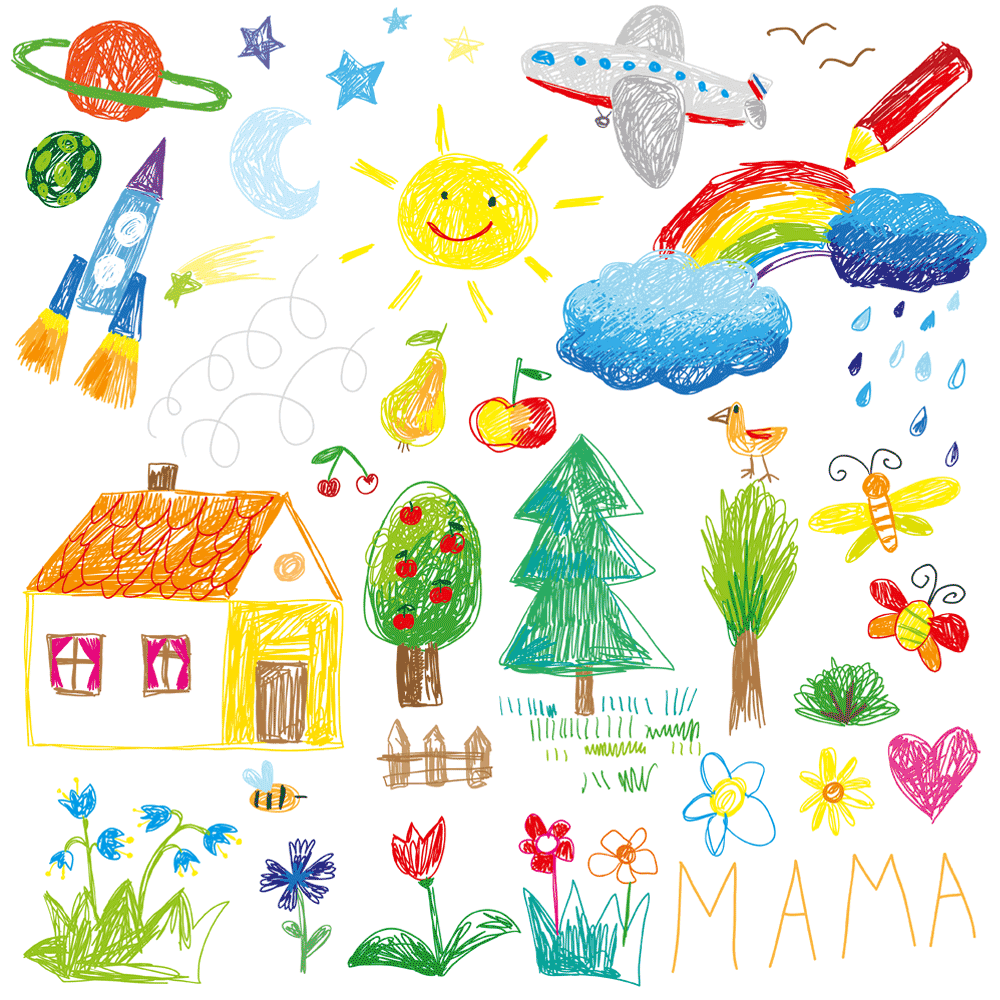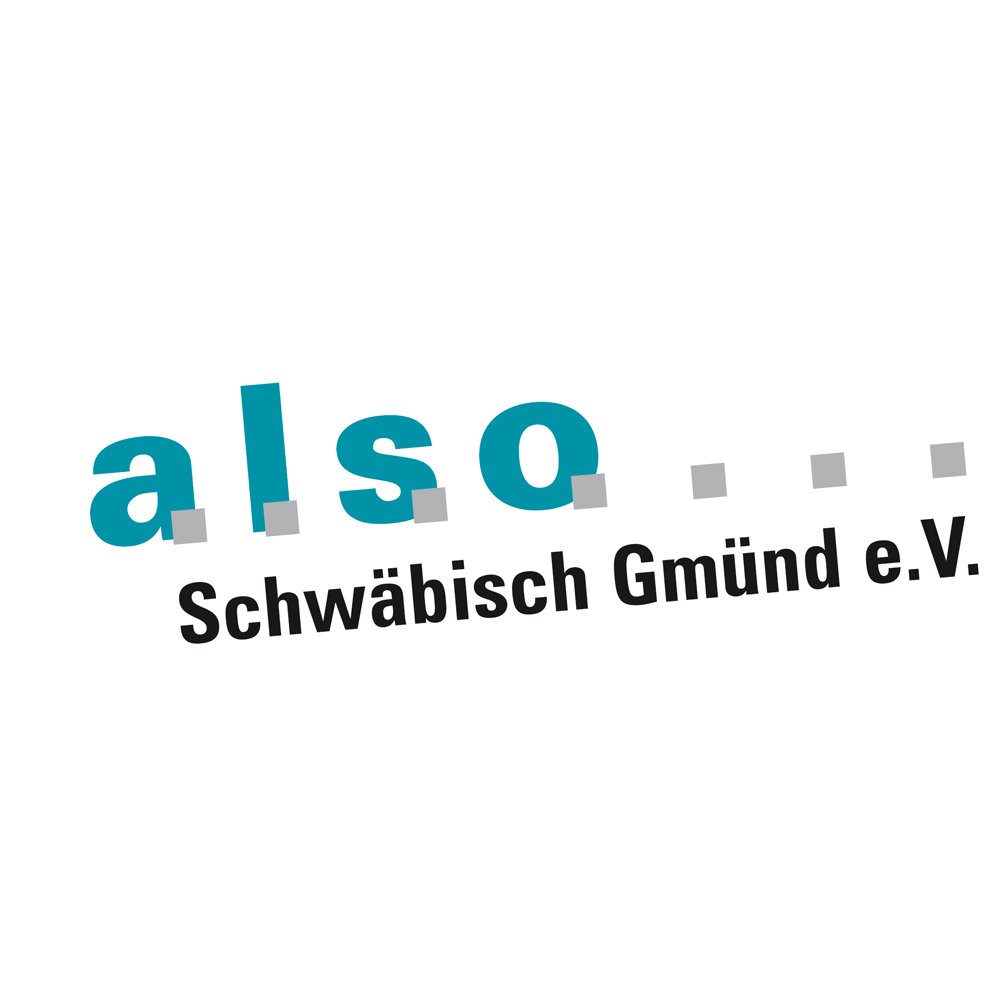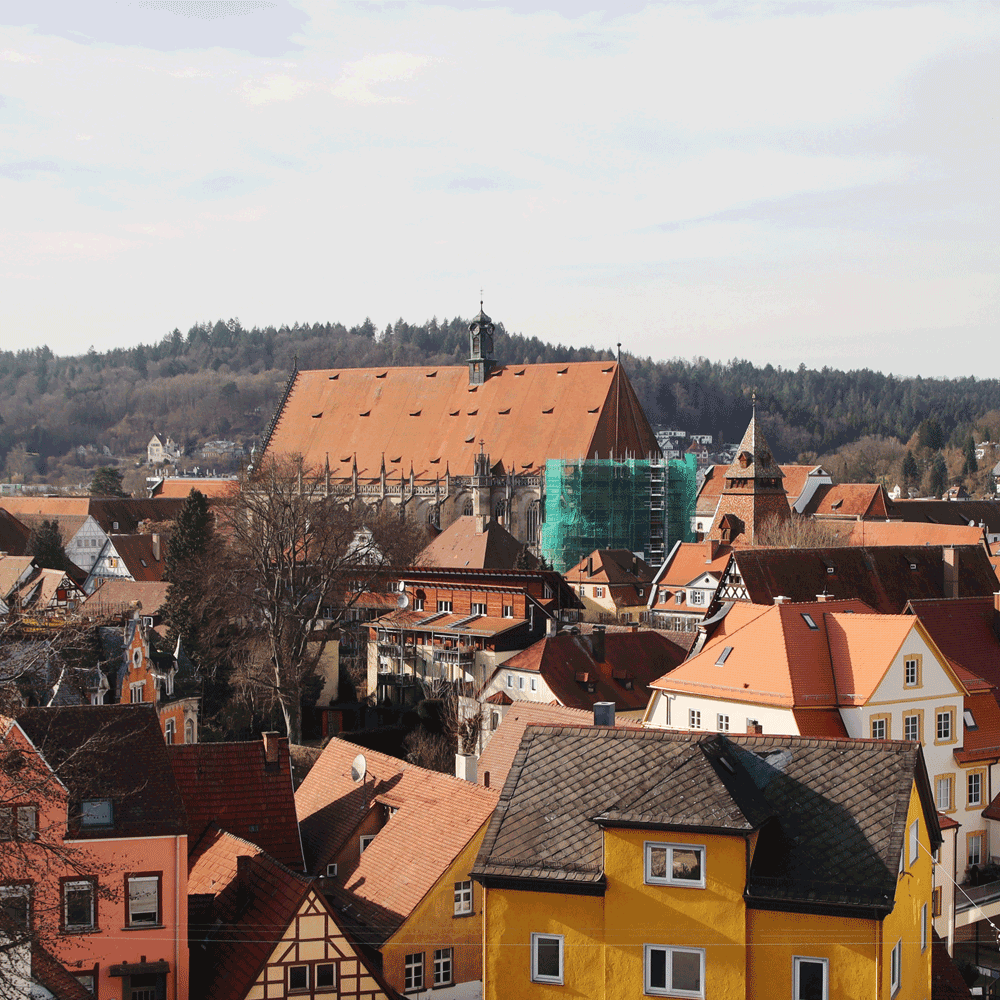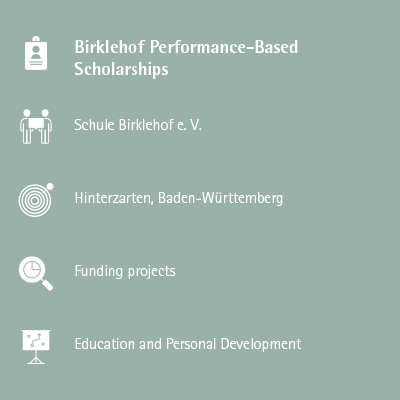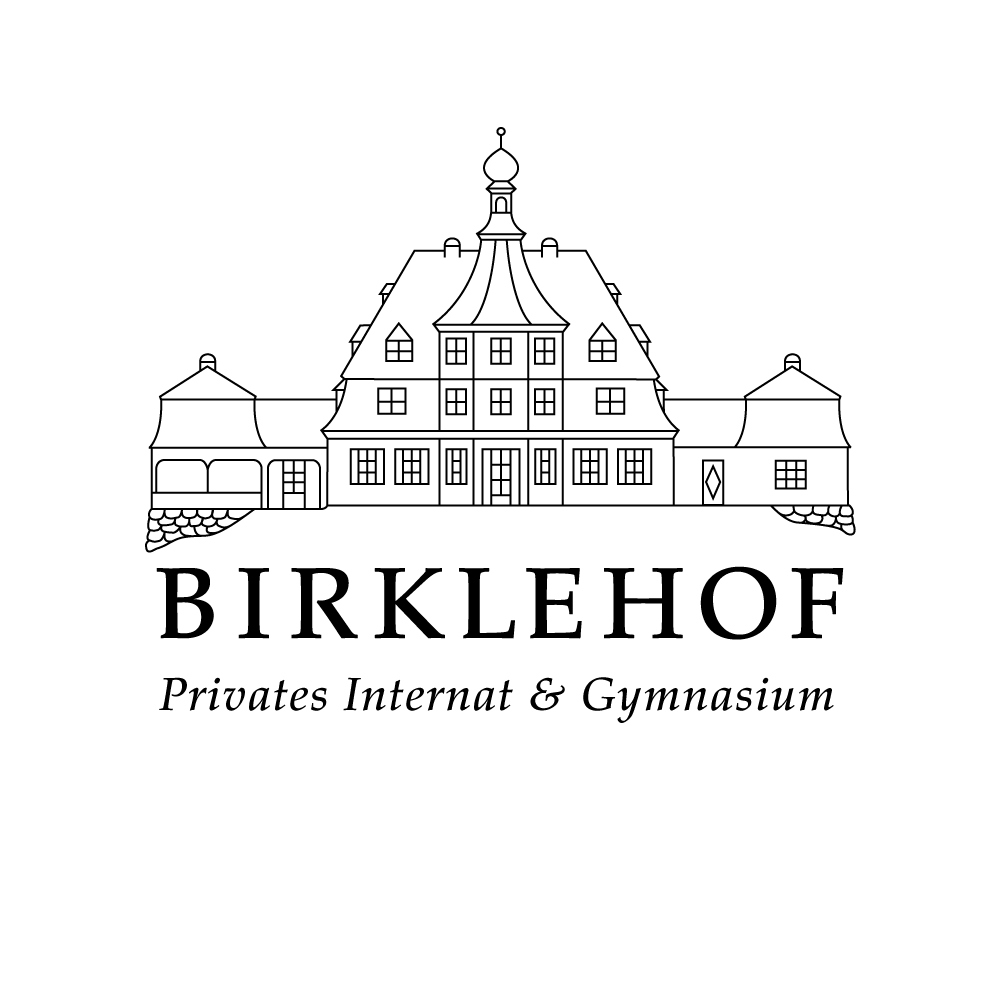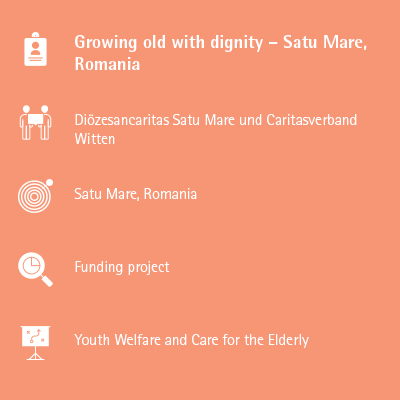
Growing old with dignity – Satu Mare, Romania
GROWING OLD WITH DIGNITY – SATU MARE, ROMANIA
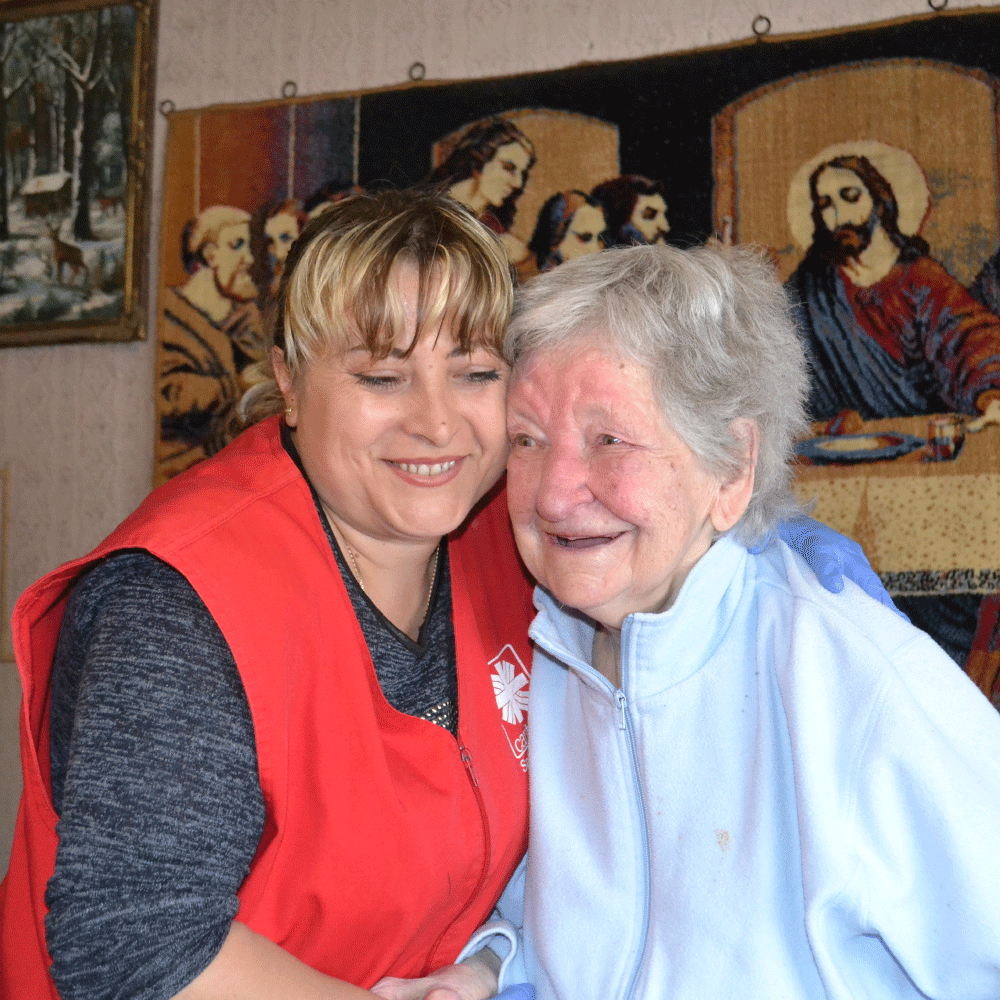
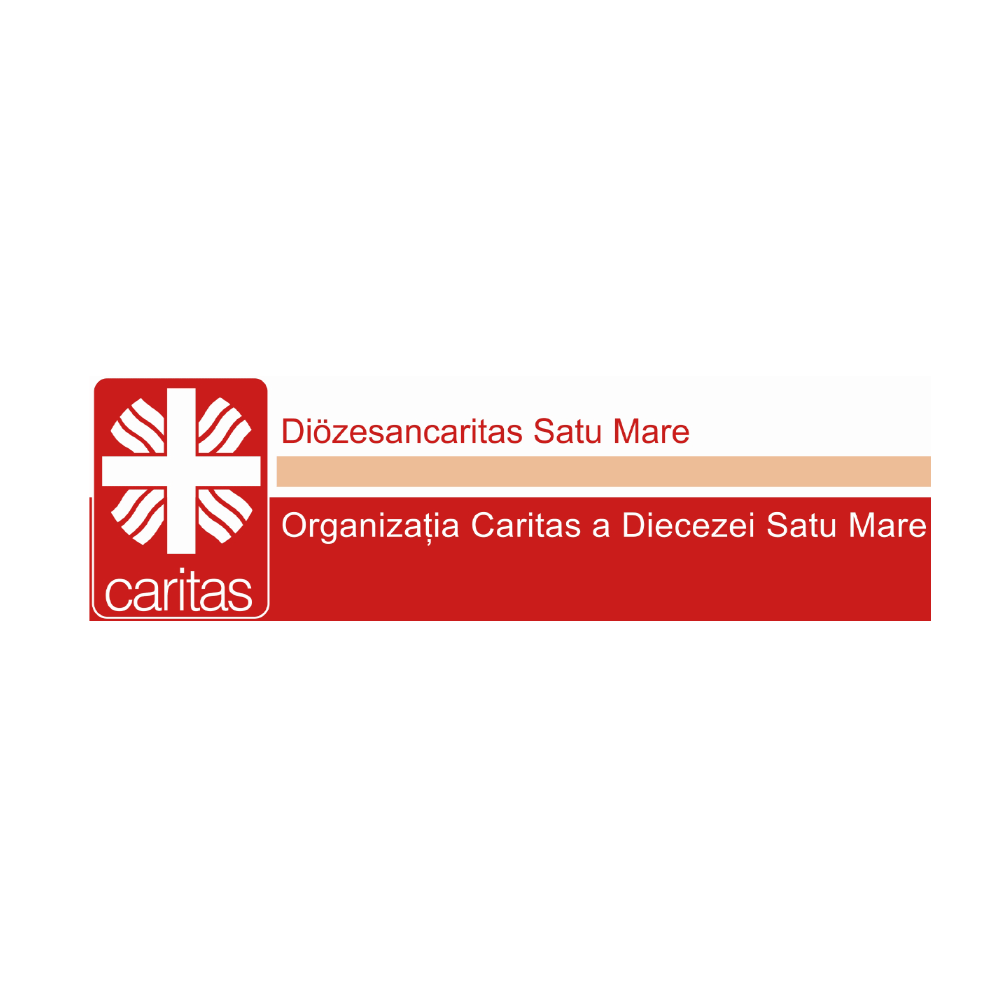
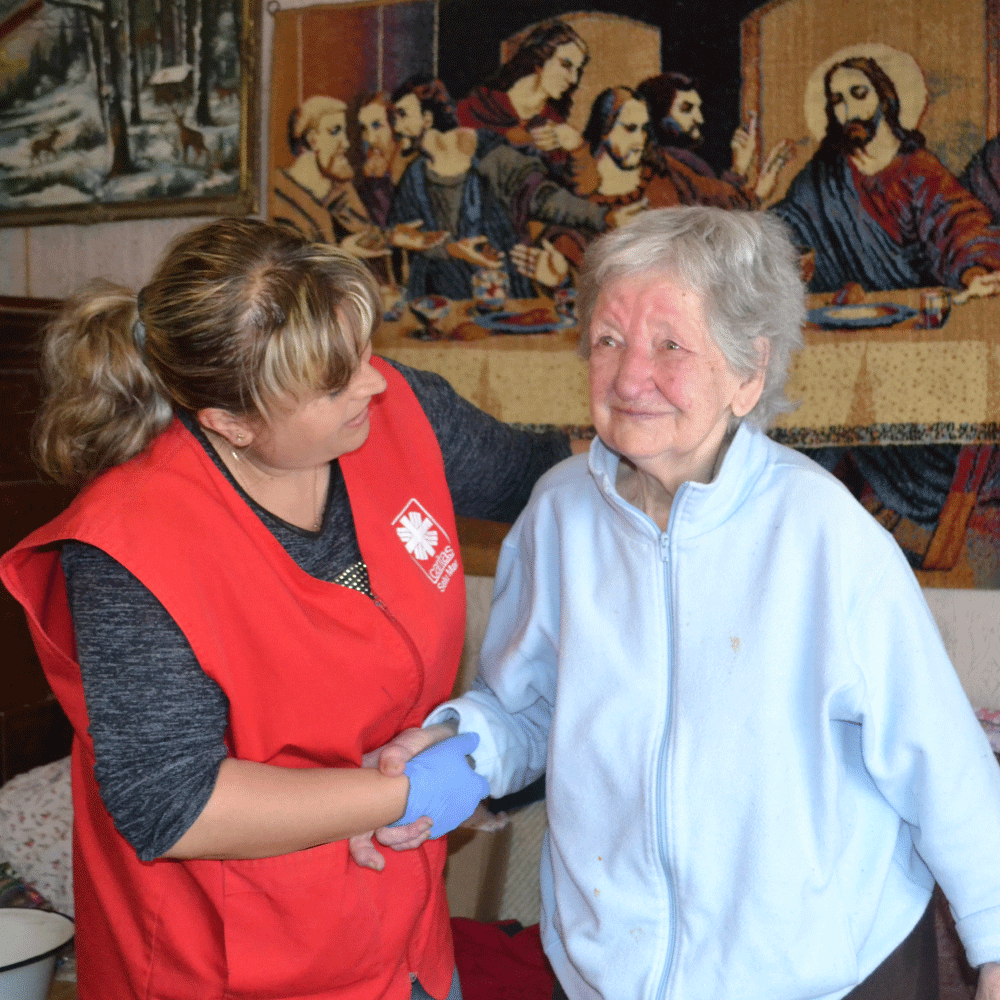
Project initiator:
Diözesancaritas Satu Mare and Caritasverband Witten
Caritas operates many different facilities in Romania for elderly people in need of help. The problems of Romania’s aging society are caused by the high rate of emigration in recent years. Elderly people in Romania used to be looked after almost exclusively by their families and people around them, so there was no need for an adequate care infrastructure.
Nowadays old people’s relatives often live thousands of kilometres away, resulting in a large number of people living alone, with a variety of age-related issues.
Over 40 percent of Romanians currently live below the poverty line. Conditions for people in rural areas are shocking: The average age in most villages is just under 60 years and pensioners – mostly former „collective farm“ pensioners – have an average pension income of 12 to 15 Euros per month. Medical care is appalling. No money is available for old people.
Project description:
The facilities are structured in a three-tier model: The first tier provides support for seniors who are relatively healthy and still lead an active life. Clubs for seniors provide meeting places and counteract isolation, while soup kitchens help with the difficult financial situation.
In the second tier, a day centre is dedicated to helping older people who require constant care and support from their families.
The third tier consists of centres for home care in the diocese of Satu Mare that try to make life easier for people suffering from chronic illnesses and who require special care.
Pain reminds us that we are alive, but love reminds us why.
Project aims:
Caritas facilities aim to maintain essential structures for elderly people that help to preserve their physical and cognitive abilities, encourage social contact (including with their own family) and ideally enable them to remain in their own home.
Project location:
Satu Mare, Romania
Project start:
2019
Project target group(s):
The facilities for elderly people are aimed at people aged 60 and over, and their relatives, in Satu Mare, Romania.
Aim of the funding:
To support people who are living in poverty and social dependence. To preserve essential services and structures even after discontinuation of state funding for social institutions, and to create long-term commitment to these services and structures among trained specialists.
Type of funding:
Staffing costs, non-financial support if required
Duration of funding:
Since 2019
Contact details of the project initiator:
Diözesancaritas Satu Mare
Lükö Bela
440061 Satu Mare
Telephone: +40 (0)261 710464
Email: caritas_satumare@yahoo.com
www.caritas-satumare.ro
